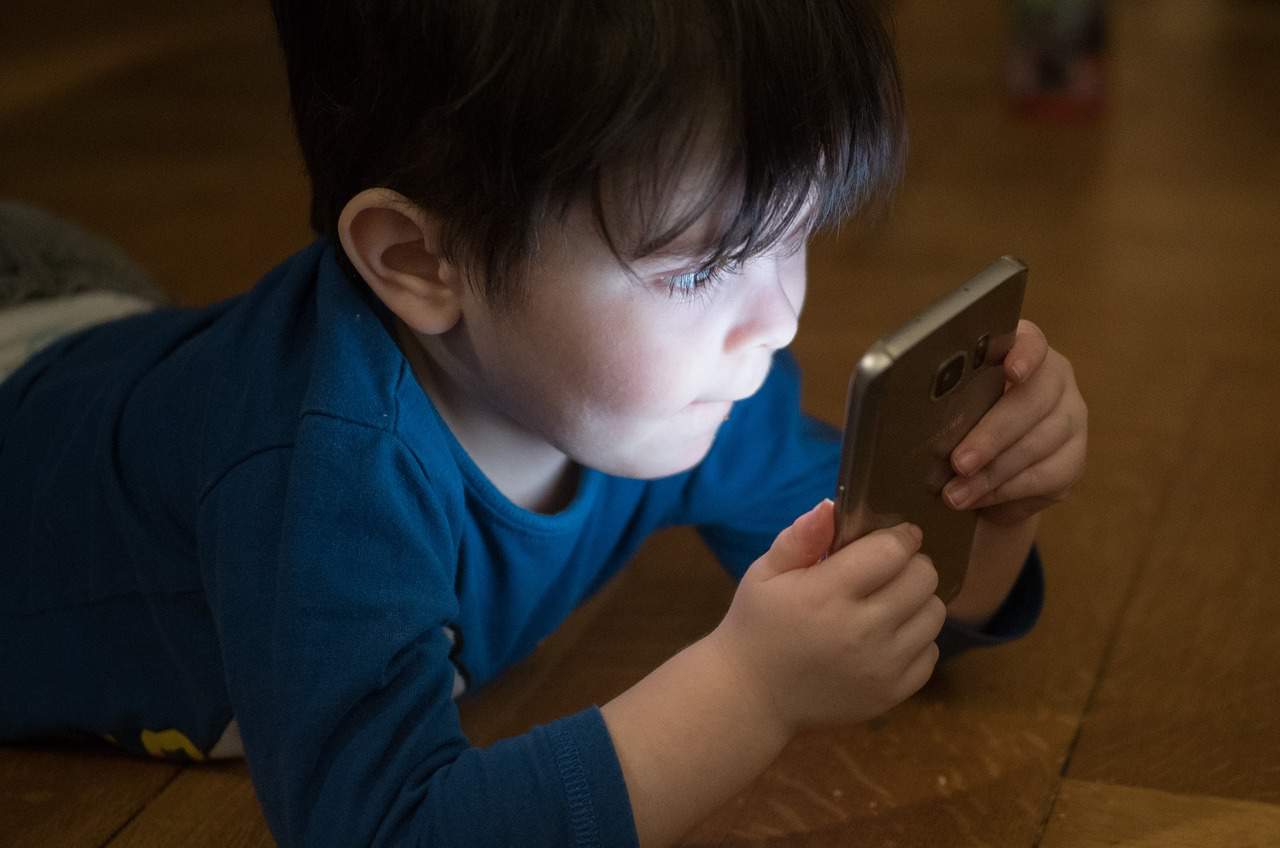When Should you Give your Child a Mobile Phone?
Mobile phones are everywhere in the US, and that statement is not an exaggeration. A whopping 97% of Americans own a cellular device. And when it comes to smartphones, 85% of Americans have them inside their pockets.
Phones have become an everyday necessity for a lot of people. Gone are the days when phones were bulky devices that were only good for quick calls. Smartphones are now capable of being your media player, camera, game console, web browser, e-reader, and so much more.
Chances are, you’re reading this article on a smartphone. As an adult, smartphones are an expected tool to have in your pocket or purse. But can the same be said to your child?
Why Your Child Needs a Phone?
It’s no surprise that phones are also popular with children. We see kids online almost every day, either dancing on social media or playing video games.
Giving your child a cell phone can have its disadvantages. The Internet is a cruel place, and no child should ever be exposed to toxic behaviors like cyberbullying, doxing, and grooming. (We’ll talk more in-depth about this topic later.)
But a phone can also provide many advantages when used properly. Your child can use their phone effectively in the following situations:
For Communication and Safety
Phones can help parents keep an eye on their children, even if they’re miles apart. With their cell phone, your child can easily call or text you where they’re and how they’re doing. And since most phones have a GPS, it’s easier for you to track your child if they ever go missing.
For Educational Purposes
There’s no denying how useful the Internet is when it comes to learning something new. The Internet is filled with educational websites that your child can access for free. They can also watch tutorials on sites like YouTube if they’re struggling with a subject at school.
For Creativity and Self-Expression
Your child can download different apps that promote creativity and self-expression. The App Store is filled with apps about art, music, literature, and more. There are also communities online where your kid can share their works and even earn a small income.
When Should You Give Your Child a Mobile Phone?
There’s no denying how powerful a smartphone can be. However, the question now is when is it appropriate to give your child a phone.
Answers vary from child to child. Research says that the average age of children owning their own phone is 10.3 years old.
However, not everybody believes that pre-teens should own a mobile device. For billionaire and philanthropist Bill Gates, he waited until his children were 14 and were in high school.
Finding the right age is not as straightforward as many people think. So instead of thinking about your child’s age, a more effective approach is to think of how responsible and careful your child is.
Kids are vastly different from one another. Sometimes, a 10-year-old is more gentle with their mobile device than someone who is 15 or 16. Likewise, a 14-year-old is more knowledgeable about the Internet than someone who is only 10.
If you’re debating when to give your child a phone, don’t just look at their birthday. Look at how prepared they are at handling a new responsibility. If your child has a clean record and is smart enough to understand the digital world, then it might be time to hand them their new personal device.
How to Make Sure Your Child Uses Their Phone Responsibly and Safely
Let’s say you gave your child their brand new cell phone. Congrats! But your job doesn’t stop there.
Your child will still need guidance, especially once they hop onto the digital wild west. While many websites and social media try their best to create a safe place for kids, many dangers still lurk in the online sphere. Pornography, violence, fake news, and triggering content exist on every website, and your child might become a target.
As their parent, it’s your duty to keep them safe, even online. With proper precaution and a watchful eye, you can keep them away from malicious people. Here are some ways to make sure your child uses their phone responsibly and safely:
Communicate and Educate
Teach your child about Internet safety and how to use social media wisely. Not everything should be posted online, and their privacy matters the most. Teach them how important it is to be careful of who to talk to and who to share information with.
Give Them Your Trust
While it’s good to be protective of your child, you should never snoop around their phone without their permission. This shows that you don’t trust them, and this can lead to them becoming more secretive about their online actions. Instead, talk to them openly about your concerns and give them your trust.
Establish Rules on Cell Phone Use
Your child needs limitations on when they can use their device. You can establish rules, such as no phones on the table when it’s mealtime or no more phones past 9pm. Your child’s health matters, and those limitations protect their physical and mental well-being.
Add Restrictions on Websites, Games, and Streaming Services
You can restrict adult websites and shocking content on search engines like Google and Safari. Similarly, you can also put an age restriction on app stores and streaming services. Doing this can keep your kid safe from not-safe-for-work content.
Observe Your Child’s Behavior
Sometimes, you can observe changes in your child’s behavior, such as isolation, sleep deprivation, and starvation. If you start noticing negative changes after giving your child a phone, it might be a good idea to intervene. Have an open conversation with your child about their phone use and find the root cause of their struggles.
Conclusion
Mobile phones are necessary devices in today’s modern world. Giving one to your child can either be beneficial or detrimental, depending on how you teach them to use it.
Mobile phones should only be given to your child if you know they can handle the responsibility. It’s not an easy task to be on the world wide web. However, with care and supervision, your kid can safely experience the magic of the Internet.










